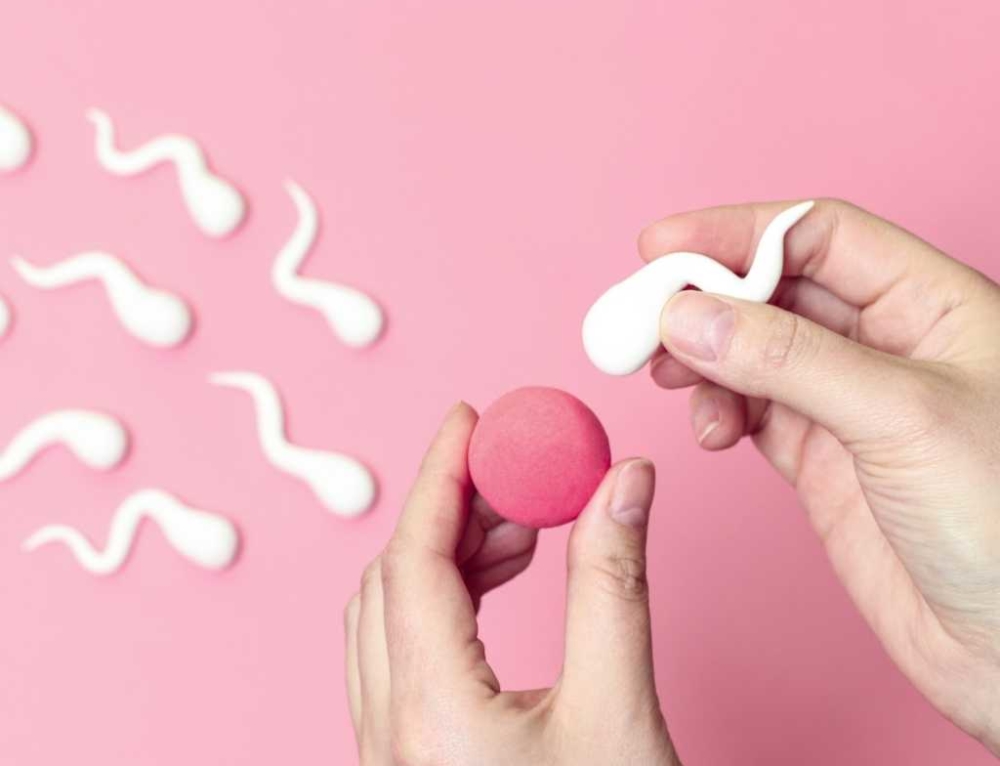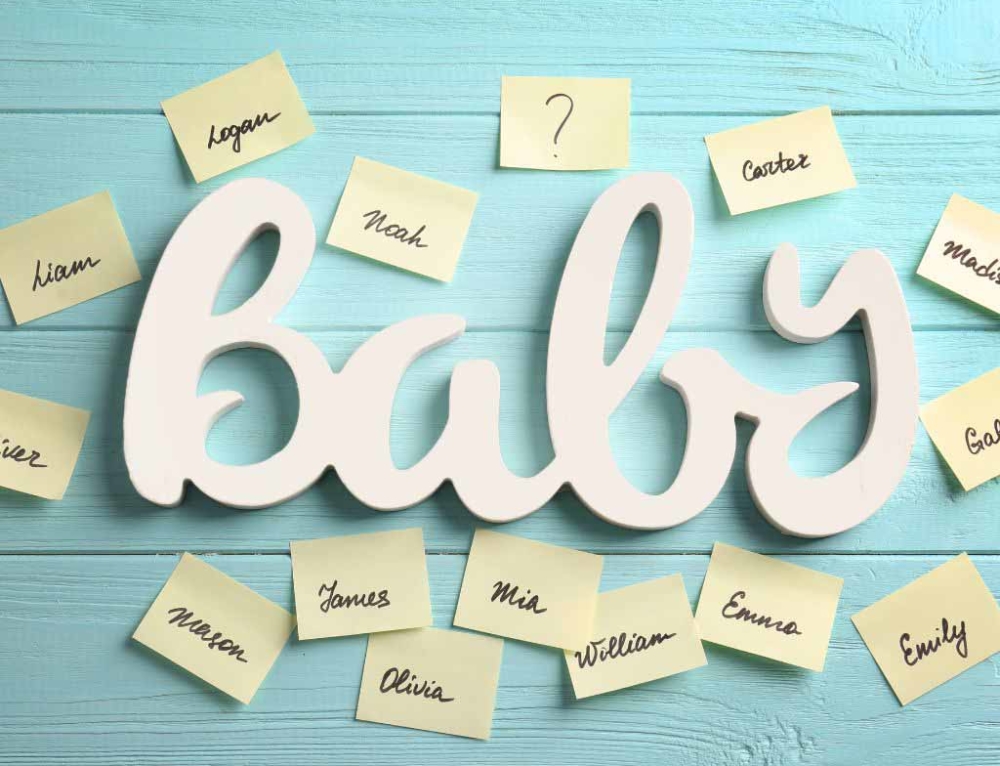Welcome to your week 14 pregnancy update where we outline the changes you and your baby are experiencing.
Your Baby
Your little womb tenant is now around the size of a lemon (between 8.3 and 9cm long) and could well be making his own sour facial expressions as he is now capable of squinting and frowning .
He is also starting to develop the ability to move their eyes this week, although his eyelids will remain fused shut for another three months. Thanks to brain impulses, his facial muscles are getting a workout as his tiny features form one expression after another. He’s definitely his own unique little person, and now comes complete with finger prints and toe prints on the end of his digits.
Baby’s skeleton is becoming harder and more defined as the bones continue to ossify, and his arms have grown enough to be in proportion with the rest of his body. His legs have a bit more growing to do, but he’s having a happy little time inside your belly. Between weeks 13 and weeks 17, your baby is practising his full range of movements, which may occur in bursts that last for around 1-2 minutes but have been studied as lasting up to 7 minutes.
Baby may be developing his own favourite resting place in the amniotic sac, where he will retreat after one of his aerobic workouts. While there is still plenty of room, this is often in the lowest part of the amniotic sac.Lanugo, the fine, short hairs that help keep the body heat inside your baby, will form now and grow to cover his entire body. Baby’s skin is very thin and fat won’t develop for several weeks, so he needs extra help in staying warm. The lanugo will cover your baby for several months and won’t be shed until there is enough fat to keep him warm. When the fat is thick under the skin, the lanugo will fall off and end up in the baby’s intestines as meconium.
Your baby’s placenta is now fully functional but remains larger than the baby (until about 16 weeks). The placenta supplies your baby with oxygen, fats, proteins, vitamins and minerals as well as removing carbon dioxide and waste materials, by filtering them through the placental tissues attached to the uterus. This intricate process of diffusion makes these exchanges possible because the tiny blood vessels of mother and baby are incredibly close together, yet remarkably always separate. The placenta is not a barrier, as once thought. It allows most substances in the mother’s blood stream to cross over into the baby’s blood stream. These include alcohol, nicotine, caffeine, natural remedies, medications, drugs and viruses, possibly affecting the baby’s growth and development (depending on what stage the pregnancy is at).
Just like adults, all babies are different and develop at varying rates in the womb. This information gives a general idea of your baby’s development and progress.
The Mum Update
Congratulations! This week you are exiting the first trimester and beginning the second trimester! One third of your pregnancy journey is completed.
By now, pregnancy hormones are leveling off. This means less nausea, less frequent urination and less exhaustion. What a relief! However, you may be experiencing some constipation since those darned hormones have relaxed your bowel muscles causing them to work slower and less efficiently. Your uterus is also pressing on your bowel. Be sure to increase the fibre in your diet if constipation becomes a problem.
Purchasing maternity clothes is probably becoming unavoidable by now. You have probably been employing some cunning ‘make-do’ tactics such as not buttoning or zipping your pants all the way or by using rubber bands or safety pins to increase the size of their waistbands or wearing your partner’s clothing but now even these are not working so well!







Leave A Comment
You must be logged in to post a comment.